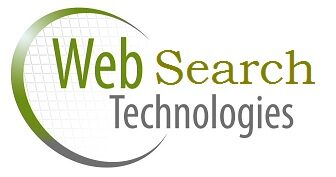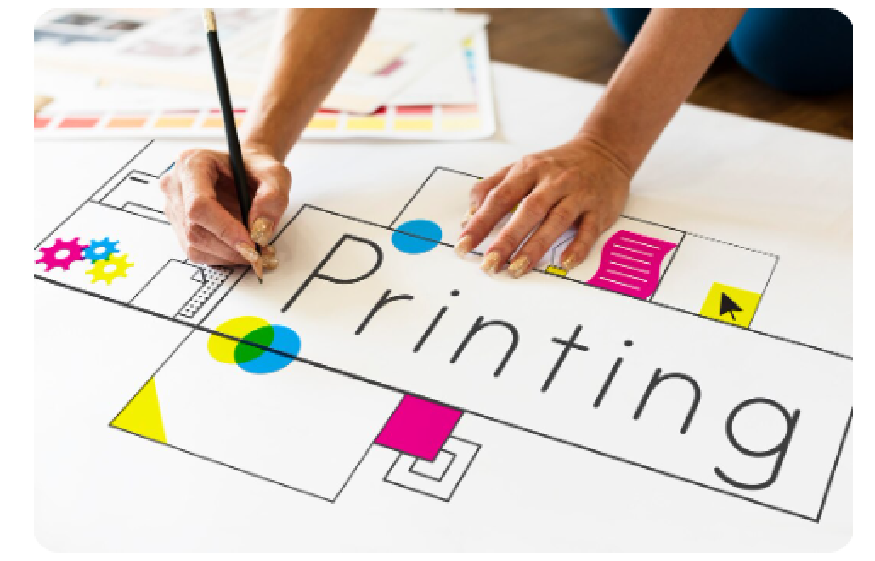Think of them as the digital equivalent of a postcard: all the information you need to take action is on one page.
Landing page and website . Websites are made up of several interconnected pages. They contain many links, different sections of information, and invite the visitor to browse the site to find out more.
- Landing pages are autonomous and have only one objective: to promote the chosen CTA.
- Also, landing pages are designed to receive traffic from ad campaigns and route it to the CTA.
- A new landing page is usually designed for each new campaign, and old landing pages are archived.
Websites receive traffic from paid and organic sources. Websites are often updated, but rarely redesigned from scratch.
What is a landing page and why should your business have one?
The design of a landing page is all about getting your customers to take some action. This is the final step in your carefully planned advertising strategy.
For example, a potential prospect may see an ad for your personal finance course on Twitter. Intrigued, she clicks on the ad – where does that click take the prospect?
Answer: your homepage.
If you’re not designing a landing page, that click will likely take her to your homepage. That’s great, but the potential customer isn’t clearly presented with a CTA on your homepage. It may explore your site for a bit, then leave it and go back to what it was doing originally.
In contrast, landing pages give the visitor clear instructions – in this case, encouraging the prospect to enroll in that personal finance course.
What makes a landing page successful?
They contain just the right mix of elements that persuade the reader to take action.
This is an opportunity to grab the attention of your readers.
Your title should be clear and attractive. It should also match your ad , so visitors don’t feel cheated and bounce off your site quickly. The supporting headline usually adds additional information to the main headline and hints at the upcoming CTA.
Your main title and secondary title should be short and concise.
This is not a static statement – ideally your USP should be communicated by all elements of your landing page.
For example, you might offer cleaning services at a more convenient time of day than your competitors. Or perhaps offer discounts on an annual subscription to your service.
Show all the benefits your customers will receive. Often presented in list form, these benefits underscore the value of everything you offer.
Graphics, images and videos speak volumes about your brand, product and value almost instantly. A website’s landing page often features a “heroic” image: a dominant, above-the-fold image that communicates what you’re selling (e.g., a productive workspace, quality cosmetics, etc. )
Images or graphics should be added thoughtfully to communicate your sales strategy and product benefits. Don’t fill the page with dull stock photos.
Embedding videos is even more effective than just images. According to TechJury , adding short videos showing the concrete benefits of your product can increase conversions by up to 86%.
Online shoppers increasingly expect trusted reviews from other consumers they identify with before considering a product or brand to be trustworthy. Sharing these reviews on a landing page can increase your conversions compared to pages that don’t.
Designing a landing page is all about getting prospects to the most important step: the call to action .
The most important thing to remember about your landing page CTA is that there should only be one.
Don’t confuse or frustrate your visitors by offering them multiple registration forms. Make your CTA clear, compelling, and consistent.
20 Best Landing Page Examples
But the best way to learn how to design a good landing page is to study examples.
We’ve rounded up 20 of the best landing pages to show you how the elements work together to promote a clear, concise, and cohesive CTA.



